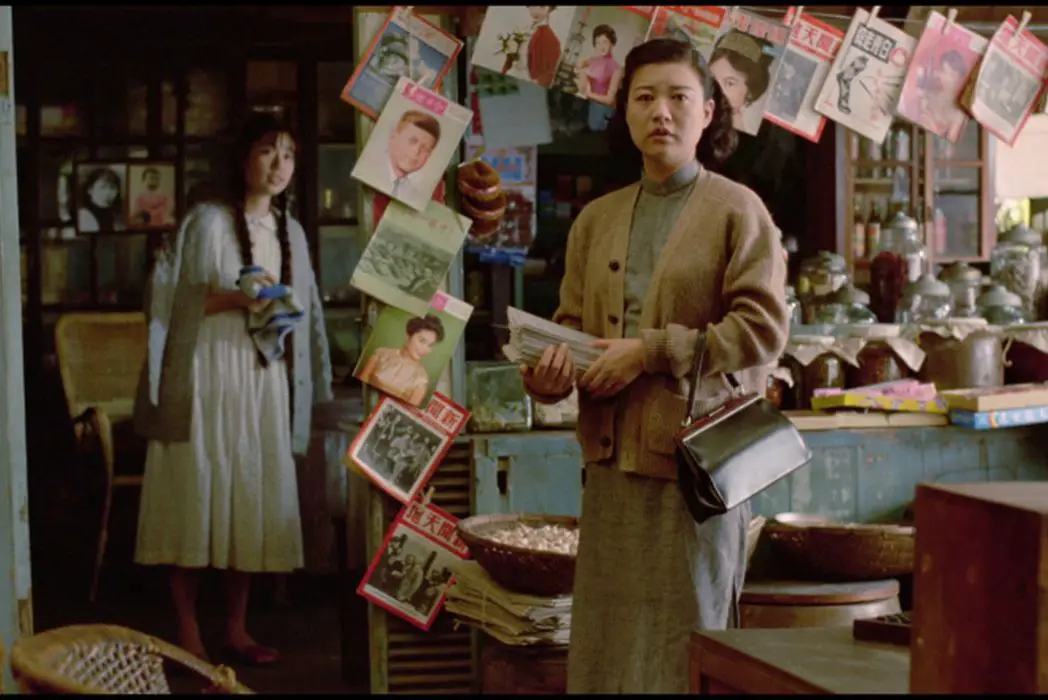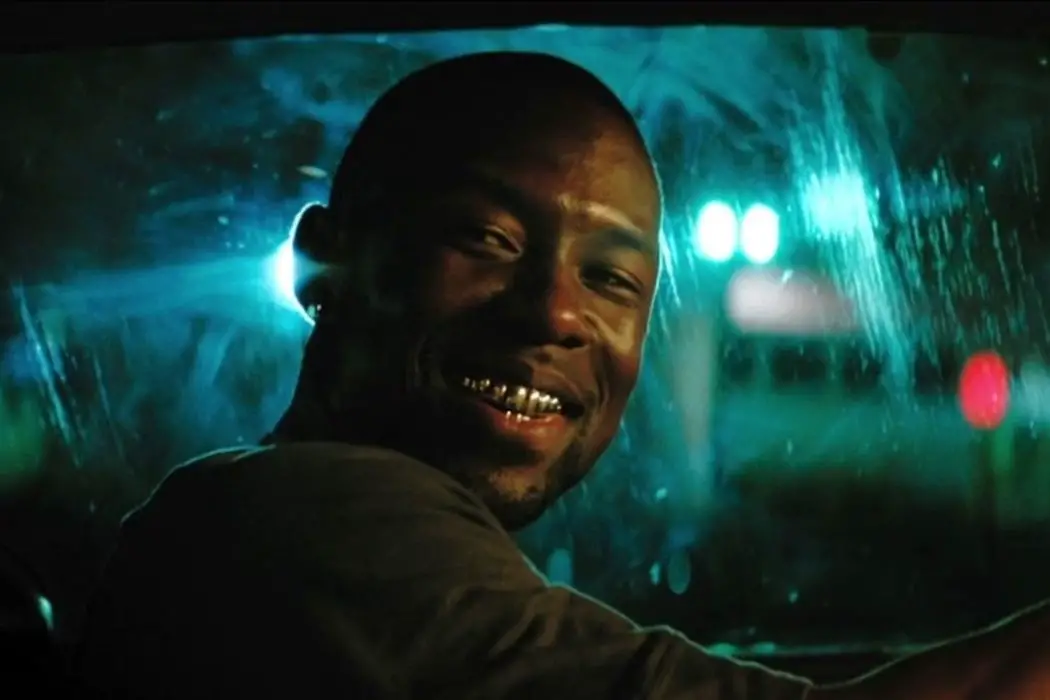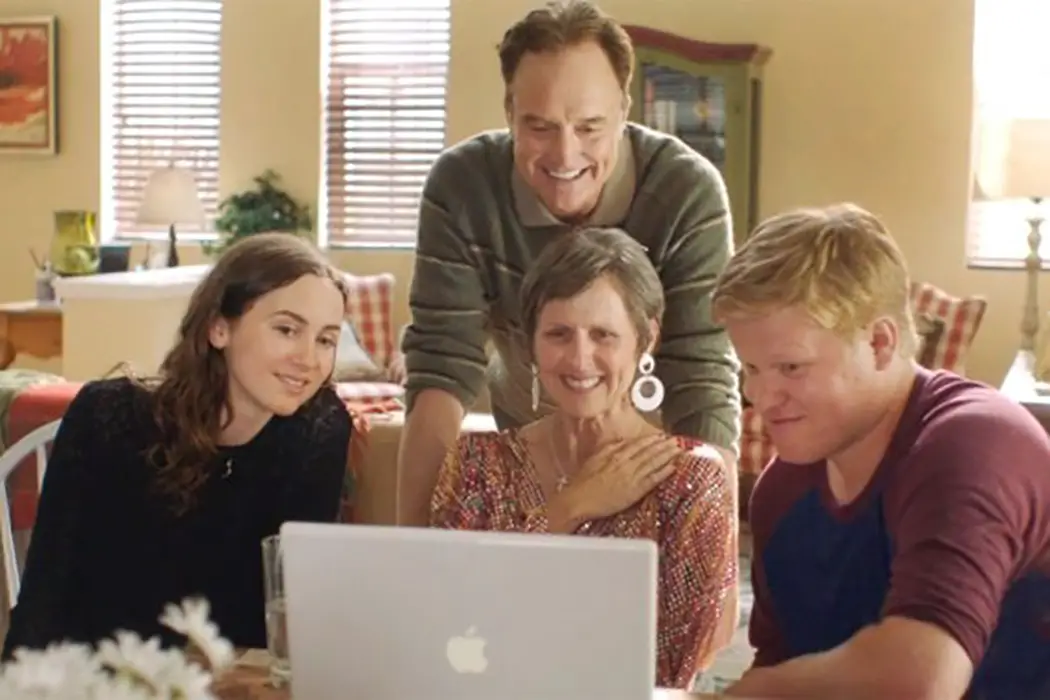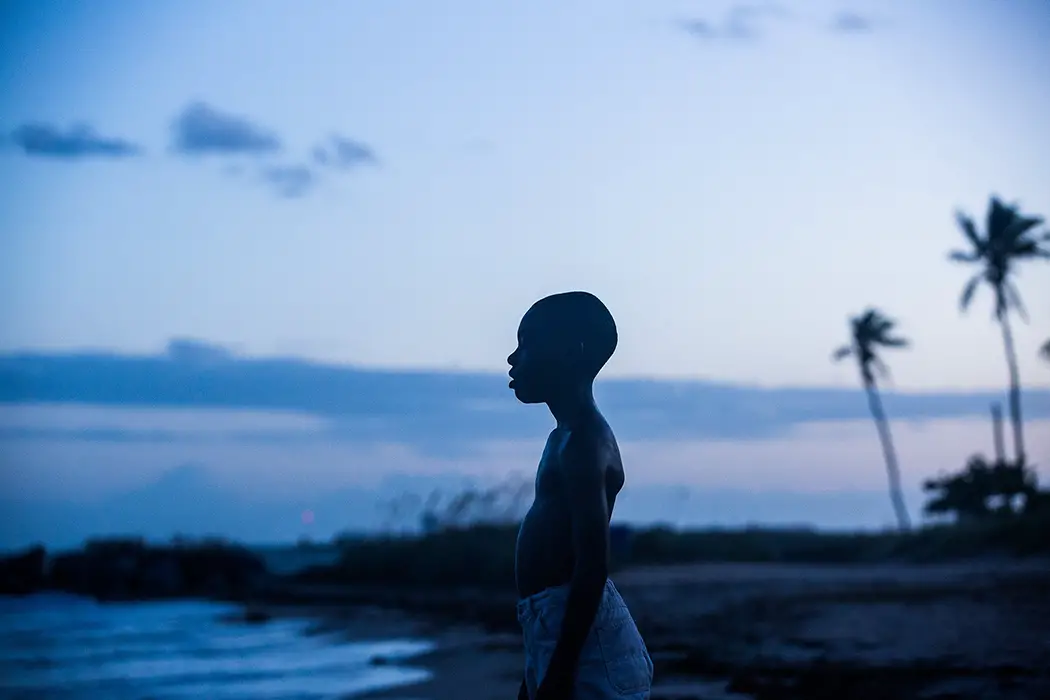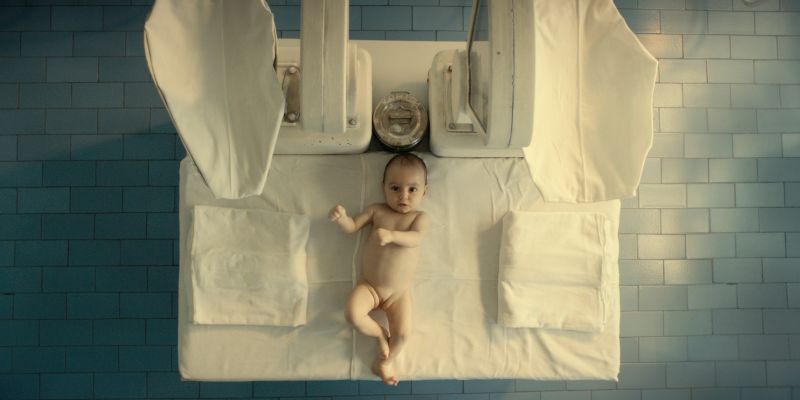identity
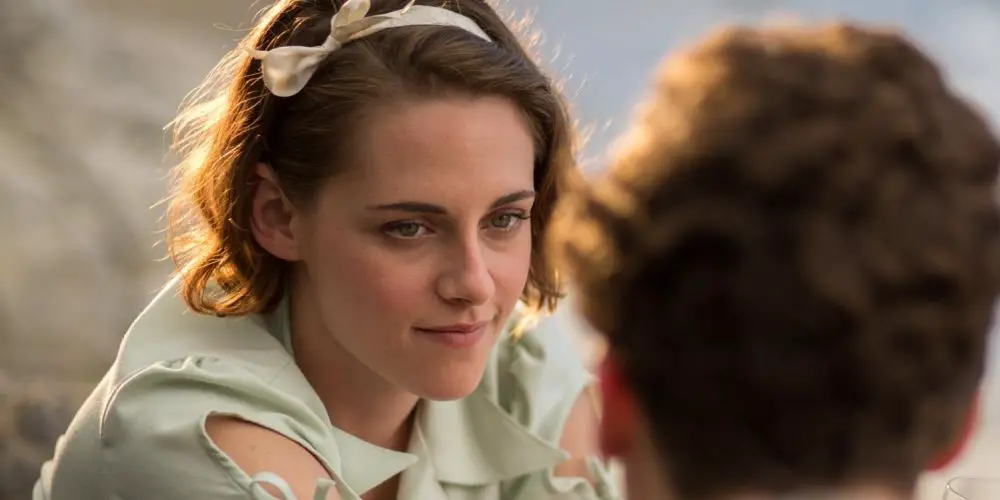
It now appears to be a given that every few years, Woody Allen produces a film hailed by critics as a “return to form”. In keeping with relatively recent late period offerings such as Blue Jasmine, Midnight in Paris and Vicky Cristina Barcelona, Café Society has also been afforded that accolade. Is this lazy journalism or a concise way of communicating that he has again crafted a film that bears the hallmarks of this aging auteur’s better judgement?

From up-and-coming director Pedro Morelli and first-time screenwriter Matt Hansen, Zoom is a fascinating fantasy drama about artistic identity. Tracking the lives of three central protagonists, Morelli miraculously creates a strange, circuitous world wherein everything is connected. Despite seemingly existing within the confines of each other’s imaginative works of fiction, comic book artist Emma Boyle (Alison Pill), movie director Edward Deacon (Gael García Bernal), and aspiring novelist Michelle (Mariana Ximenes) soon bleed into each other’s codependent realities.
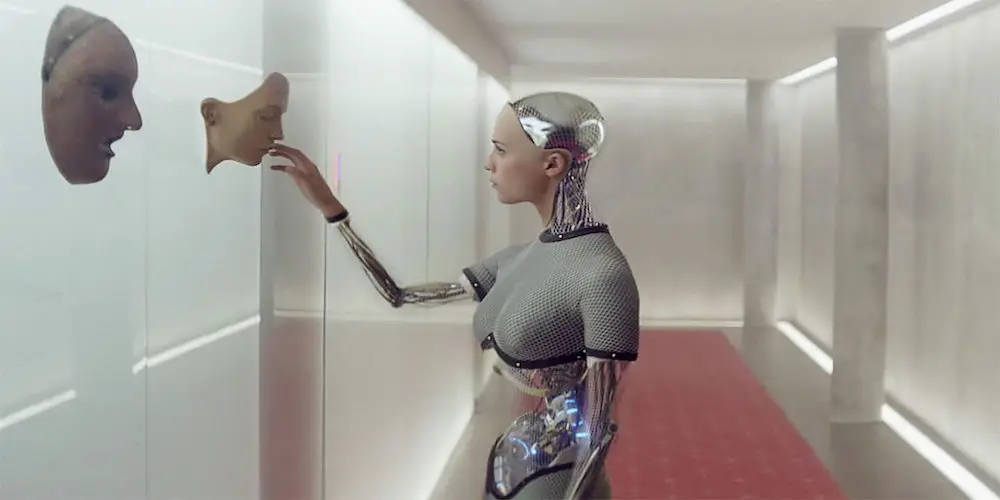
Attitudes about the male gaze have been present in science fiction cinema for years, especially relating to the identity of female robots. This includes the objectification of these characters and the loss of their autonomy, which reflects real life attitudes towards women. Many films have been made to show the dangers of viewing women as objects, yet we still see the male gaze in motion pictures every day.
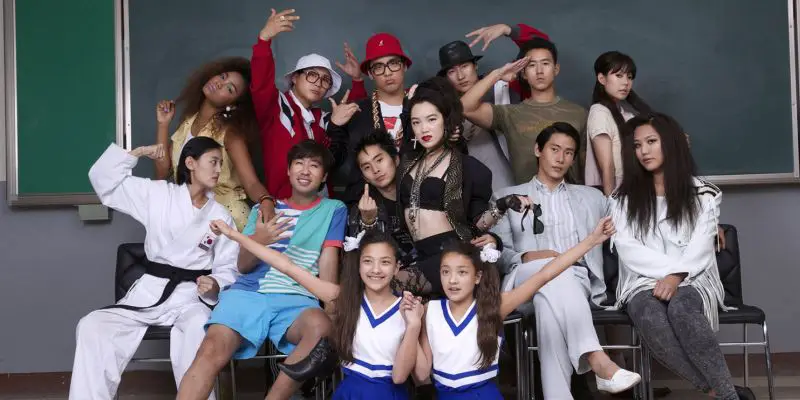
Growing up as a first generation Asian American, I looked to television and cinema for hints to “fit in” with all the other Americans, to improve my grammar and English, to embrace the idea of being American. In that transition, I severed some of my Filipino roots. I can understand Tagalog, but I can’t speak it.
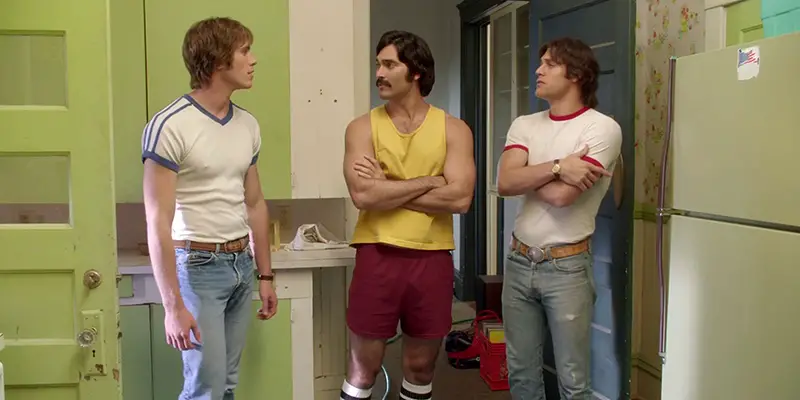
Richard Linklater may be the definitive coming-of-age filmmaker of our time, effortlessly blending John Hughes indebted stories of young people coming to grips with their own identities, with an Altman-esque ear for naturalistic dialogue. His films feel timeless, yet completely of their time – snapshots of a generation that will remain beloved when the next generation of cinephiles lay their eyes on them. A “Spiritual Sequel” His latest film, the punctuation-friendly Everybody Wants Some!!
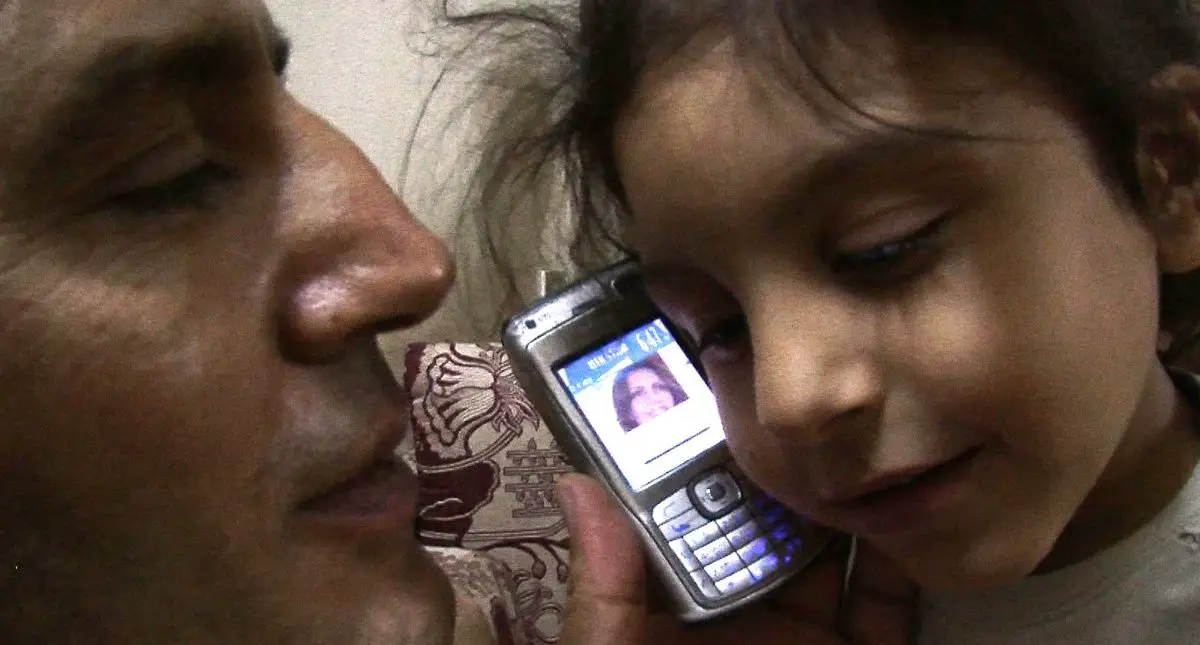
A Syrian Love Story is the latest investigative documentary from award winning filmmaker-journalist Sean McCallister. Renowned for his hard-hitting documentaries which go further than others dare to, McCallister follows a Syrian family over a 5 year period – through love, separation, prison, war and freedom. Beginning an extra-ordinary journey, activists Raghda and Amer meet in their youth in a Syrian prison, detained for their positions as high profile anti-Assad activists.
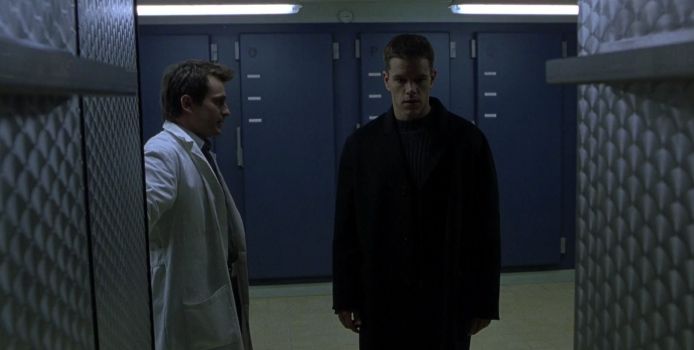
Near the conclusion of The Bourne Identity (2002), we find our hero, Jason Bourne (Matt Damon), taking refuge in a country farmhouse belonging to Eamon, the ex-boyfriend of Bourne’s hostage/lover/sexy barber Marie (Franke Potente). Bourne’s shadowy employers have dispatched a rival Treadstone assassin – known only as The Professor (Clive Owen) – to eliminate the threat posed by their malfunctioning asset. When Eamon’s son notices the family dog has gone missing, Bourne (preternaturally perceptive, as always) recognizes the portent.
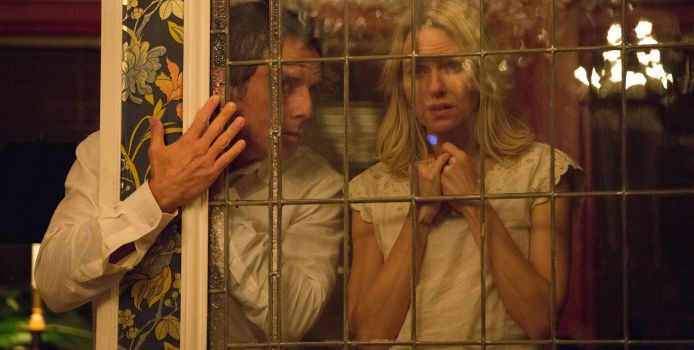
No matter how good their circumstances are, many young people wish they were born in a different time, in a different place, belonging to a different generation they believe they fit in with more. This is almost definitely due to the influence of pop-culture; the 80’s weren’t exactly the best time to live in, yet show a John Hughes movie to any impressionable teenager and they will almost definitely long to have lived in that time period. While We’re Young, the best film to date from director Noah Baumbach, takes a unique look at this theme in the space of one of the best movie montages in recent memory – whereas the young, hipster types long to live in an area of vinyls, VHS tapes and typewriters, the ageing are trying to stay relevant to today, filling their lives with useless technology in order to stay relevant in an ever changing society.
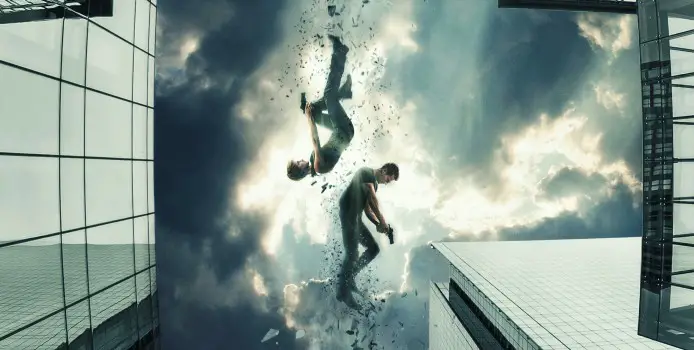
I had read Veronica Roth’s Divergent before the adaptation sauntered onto cinema screens, heralded as the next The Hunger Games, and what I discovered was that I preferred the film to the book. There was more action on show, and I felt that the film fixed many of the things I found problematic with the book’s narrative. So when I discovered that the book of Insurgent didn’t impress, I decided to bypass it and wait for the film.

